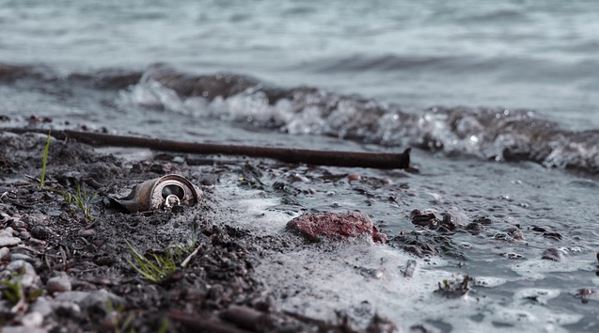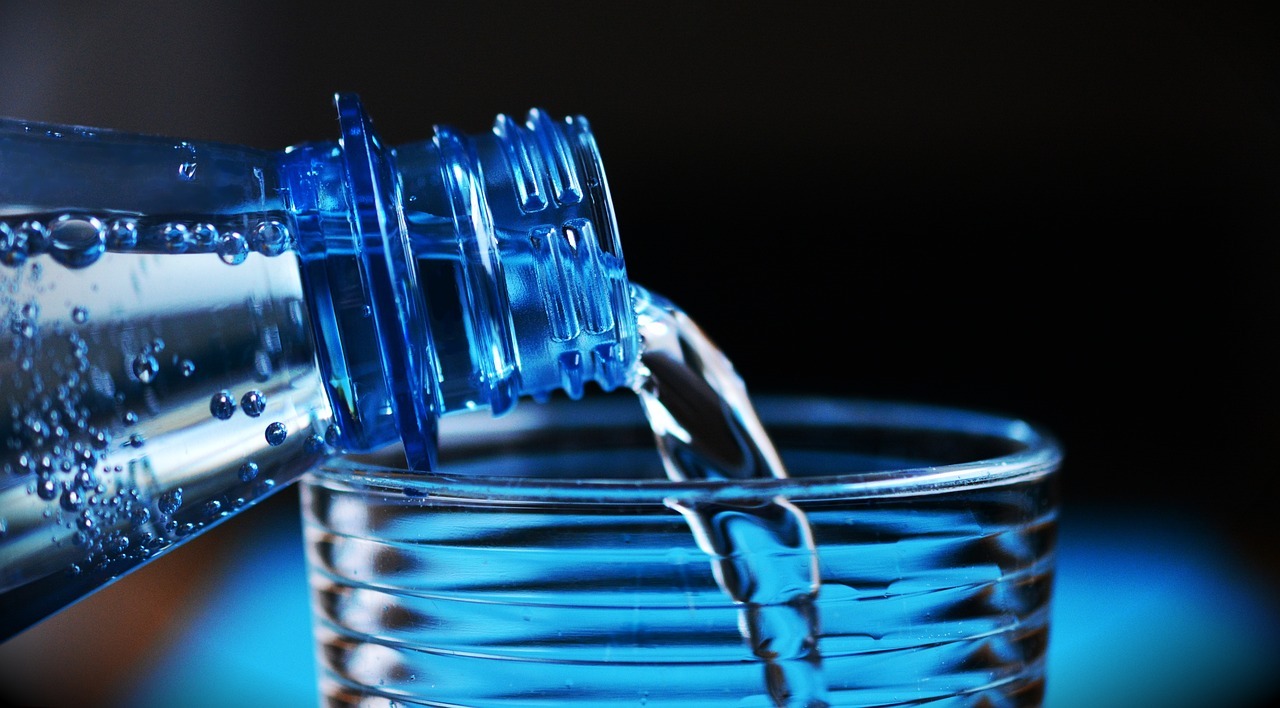The Camp Lejeune lawsuit is a prime example of the serious consequences of drinking contaminated water. Camp Lejeune is a United States Marine Corps base located in North Carolina. From the 1950s to the 1980s, the base’s water supply was contaminated with several toxic chemicals, including trichloroethylene (TCE) and perchloroethylene (PCE), which are known to cause cancer, among other serious illnesses and diseases. But what are all the possible consequences of drinking contaminated water?
Health consequences of contaminated water
Drinking contaminated water can have serious consequences on human health. Contaminants in water can include chemicals, bacteria, viruses, and parasites. These contaminants can cause a range of illnesses, from mild gastrointestinal symptoms to severe diseases such as cancer.
One of the most common contaminants in drinking water is bacteria. Bacteria such as E. coli and Salmonella can cause symptoms such as diarrhea, nausea, and vomiting. These symptoms can range from mild to severe, and in some cases, can be life-threatening. Bacterial contamination can occur from a variety of sources, including sewage overflows, agricultural runoff, and animal waste.
Another common contaminant in drinking water is chemicals. Chemicals such as lead, arsenic, and mercury can leach into water sources from industrial processes or natural deposits. Long-term exposure to these chemicals can cause serious health problems, including neurological damage, kidney disease, and cancer. Children and pregnant women are particularly vulnerable to the effects of lead exposure.
Viruses and parasites can also be found in contaminated water. Viruses such as hepatitis A and Norovirus can cause symptoms such as fever, nausea, and diarrhea. Parasites such as Cryptosporidium and Giardia can cause similar symptoms and can be particularly dangerous for people with weakened immune systems, such as the elderly and those with HIV.
Economic and social consequences of contaminated water
In addition to the health consequences, drinking contaminated water can have economic and social impacts as well. When people become ill from contaminated water, they may miss work or school, resulting in lost productivity and income. In areas where access to clean water is limited, people may have to spend significant amounts of time and money to obtain water that is safe to drink. This can lead to a cycle of poverty and poor health.
The importance of preventing contaminated water
Preventing contaminated water is essential to protecting public health. One of the most effective ways to prevent contamination is to ensure that water sources are protected from pollution. This can be achieved through regulations that limit industrial discharge into water sources, as well as through the use of best management practices for agricultural and other land uses.
Water treatment is another important tool for preventing contaminated water. Treatment methods such as chlorination and filtration can remove or kill many contaminants, making water safe to drink. However, treatment is not foolproof, and it is important to ensure that treatment plants are properly maintained and operated.
Individuals can also take steps to protect themselves from contaminated water. These steps include boiling water before drinking it, using water filters, and avoiding swimming or bathing in water that may be contaminated. In addition, people should be aware of the potential sources of contamination in their area and take steps to minimize their exposure.
In the event that someone does become ill from drinking contaminated water, it is important to seek medical attention right away. Depending on the severity of the illness, treatment may include antibiotics, rehydration therapy, or hospitalization.
If the period of drinking contaminated water is prolonged, the medical treatment and expenses may be further, as happened with the victims of the camp Lejeune contaminated water lawsuit. The contaminated water at Camp Lejeune has been linked to a range of health problems, including various types of cancer, birth defects, and neurological disorders. Many people who lived or worked on the base during the period of contamination have suffered from these health problems, and some have died as a result.
In response to the crisis, a number of lawsuits have been filed against the government and the companies responsible for the contamination. One of the largest of these lawsuits was filed by the victims of the contamination, who alleged that the government and the companies knew about the contamination but failed to take appropriate action to protect the public.


